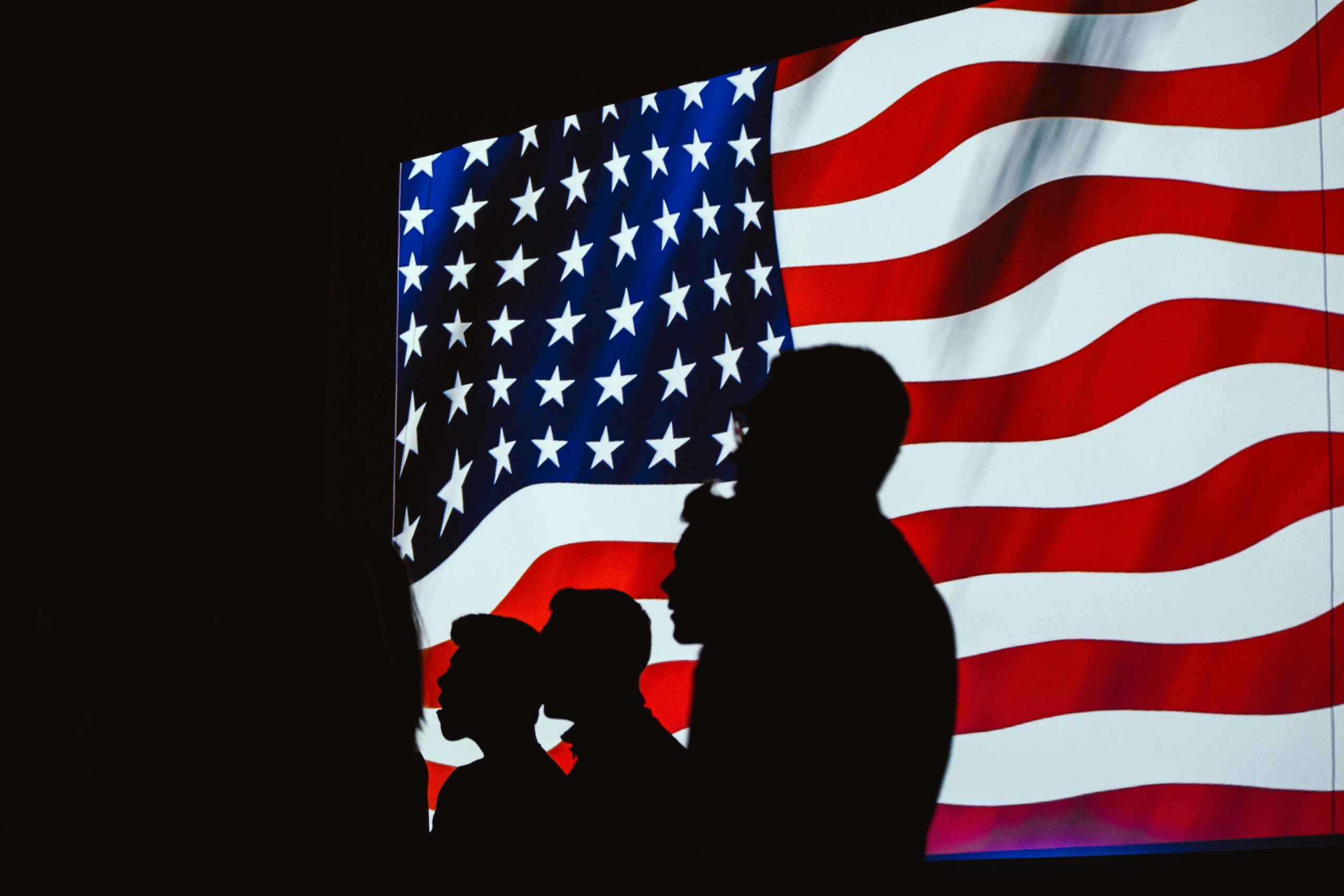The Problem
The most significant problem facing America’s electoral process is the chronic inaccuracy and lack of integrity in the voter rolls that list the individuals registered to vote in local, state, and federal elections. Almost 25 years after the enactment of the National Voter Registration Act (NVRA), one of the major purposes of the law—to protect the integrity of the electoral process and ensure accurate and current voter registration rolls—has still not been realized, and, in many ways, the situation has gotten worse.
2.2 MILLION
eligible Americans were unable
to cast ballots due to problems
with their voter registration.
More than
1.8 MILLION
deceased individuals were listed
as voters.
Approximately
2.75 MILLION
people have registrations in more
than one state.
What can be Done?
IMPROVE AND ENHANCE AGING AND OBSOLETE STATE VOTER REGISTRATION SYSTEMS
The enactment of HAVA in 2002 required the implementation of computerized, state-wide voter registration systems in each state. Since then, some states have upgraded with the latest technology and capabilities; however, the majority of states have not made any significant changes or upgrades since that time. With recent revelations over the attempted hacking of online registration databases, improved cyber security must also be a priority.
AUDIT THE OFFICIAL STATE-WIDE VOTER REGISTRATION LIST EVERY FOUR YEARS
It is a recommended best practice to conduct an audit of the official voter list at least every four years, particularly in the year preceding the general presidential election. After the initial audit, the state election official may receive subsequent notification of address changes of voters throughout the cycle. In addition to very accurate voter rolls, studies have shown that these audit services have resulted in reduced mailing costs to localities due to more current, accurate addresses.
PARTICIPATION IN INTERSTATE VOTER REGISTRATION DATA-SHARING
Interstate voter registration data exchange is an important step towards improving the accuracy of voter registration rolls. Unfortunately, some states do not participate and many state laws unnecessarily restrict the sharing of voter registration data with other state election officials.
INCREASE PROCEDURES IDENTIFYING DECEASED VOTERS
Despite recent efforts by states and localities, a large number of deceased registrants remain on the rolls for years or even decades after death. HAVA tried to correct this problem by requiring intrastate communication between election officials and other agencies such as state vital statistics departments and the federal Social Security Administration. Depending on the state system, the state election agency will either remove the deceased individuals at the state level or provide the potential matches to local election officials to complete the removal process.
INCREASE FREQUENCY OF USE OF NATIONAL CHANGE OF ADDRESS (NCOA) DATABASE
The United States Postal Service (USPS) provides national change of address (NCOA) information to allow automated verification of addresses for registered voters. The NCOA database consists of change-of-address requests submitted by individuals to USPS when moving. The NCOA database identifies the address change of voters and the election jurisdiction sends a forwardable confirmation notice.
REQUIRE ANNUAL STATE-WIDE MAILINGS BY STATE ELECTION OFFICIALS
State-wide mailings are important to the accuracy of the voter registration rolls. Many states are already responsible, in part, for the process of sending mailings or confirmation notices to voters after receipt of information that a voter has moved outside the county or state.
PROVIDE ONLINE TOOL FOR SELF-REMOVAL OF REGISTRATION FOR VOTERS WHO MOVED OUT OF STATE
One new best practice using the latest technology to increase the accuracy of voter rolls is providing voters a way to quickly and efficiently remove themselves from the voter rolls when they have moved to another state.
USE OF SYSTEMATIC ALIEN VERIFICATION FOR ENTITLEMENTS (SAVE) DATABASE
A nationwide program designed to confirm the citizenship or non-citizenship of a person is the Systematic Alien Verification for Entitlements (SAVE) database. The SAVE database is managed by the U.S. Citizenship and Immigration Service (USCIS), a component within the Department of Homeland Security (DHS).
For more information on cleaning the voter rolls, please read the great resource from the PUBLIC INTEREST LEGAL FOUNDATION.


